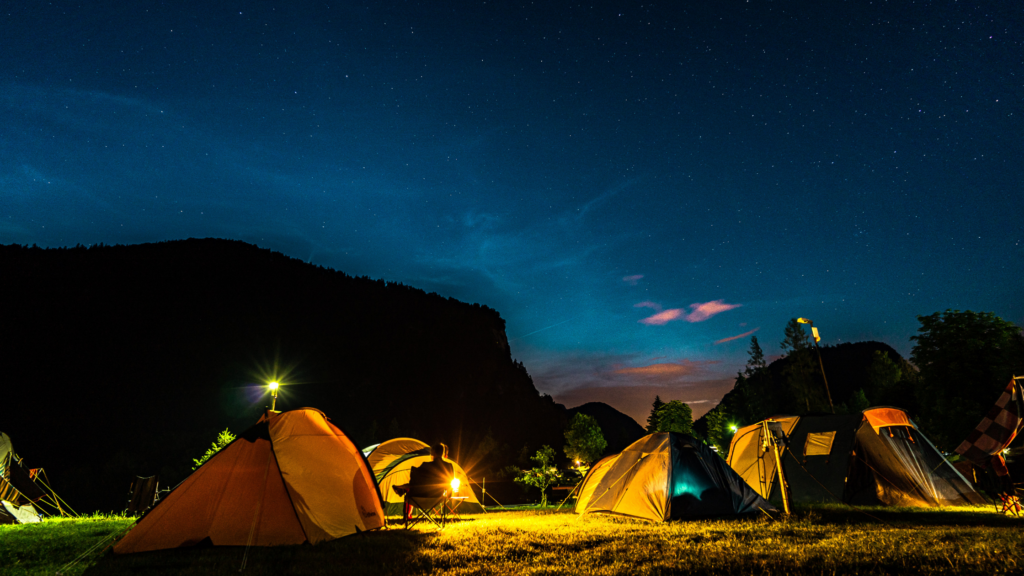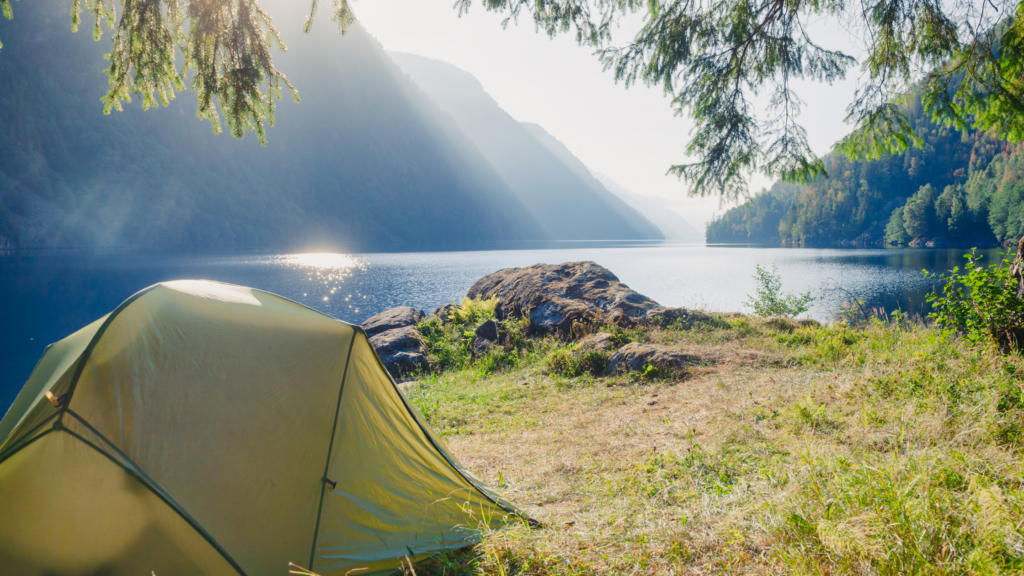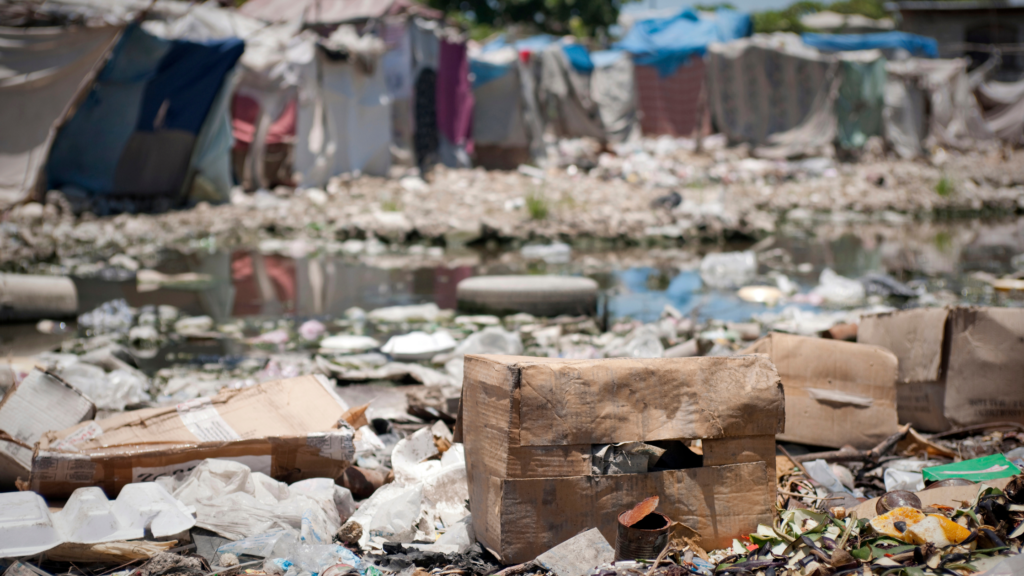Introduction
Camping is a fantastic way to connect with nature, unwind, and create lasting memories. However, it’s essential to camp responsibly to ensure that our beautiful natural environments remain pristine for generations to come. In this article, we will dive into all you need to know about sustainable and eco-friendly camping. From understanding the importance of low-impact camping to practical tips for reducing your environmental footprint, we’ve got you covered.
What You’ll Learn
By the end of this article, you will have learned:
- The Importance of Sustainable Camping
- Understand why it’s crucial to minimize your impact on the environment while camping.
- Choosing the Right Camping Gear
- Discover eco-friendly camping gear options that are both practical and kind to the environment.
- Packing Light and Thoughtfully
- Learn how to pack efficiently, bringing only what you need to reduce waste.
- Responsible Campfire Practices
- Get tips on building and extinguishing campfires in an eco-friendly manner.
- Waste Management
- Discover techniques for managing waste responsibly, including proper disposal of trash and wastewater.
- Leave No Trace Principles
- Learn about the seven Leave No Trace principles and how to apply them during your camping trip.
- Respecting Wildlife
- Understand the importance of observing and interacting with wildlife in a way that keeps them safe.
- Cooking Sustainably
- Get ideas for preparing meals with minimal environmental impact.
1. The Importance of Sustainable Camping
Sustainable camping is essential because it helps protect our beautiful outdoor places for future generations. When we camp responsibly, we leave nature just as we found it, without harming plants, animals, or the environment. By using eco-friendly gear, minimizing waste, and respecting the rules of the land, we ensure that we can keep enjoying nature’s wonders while making sure they stay healthy and happy. Sustainable camping also teaches us valuable lessons about taking care of our planet, so we can all continue to enjoy the great outdoors for a long, long2. time.
2. Choosing the Right Camping Gear
Choosing the right camping gear, especially eco-friendly options, is essential because it helps keep our outdoor playgrounds clean and healthy. Eco-friendly gear is kind to the environment because it’s made with materials and processes that don’t harm nature. For example, you can pick a reusable water bottle instead of disposable ones, use solar-powered lanterns instead of batteries, and opt for biodegradable soap to keep our water sources pure. When we use eco-friendly gear, we reduce our impact on the planet, ensuring that the outdoors we love to explore stays beautiful and untouched for everyone to enjoy now and in the future. So, the next time you gear up for camping, think green and choose eco-friendly options!
3. Packing Light and Thoughtfully
Packing lightly and thoughtfully for camping is super important because it makes your trip easier and helps take care of nature. When you bring only what you need, it means less stuff to carry and less waste to deal with. This makes your camping adventure more enjoyable and leaves less impact on the environment. To pack efficiently, think about what’s essential for your trip and leave unnecessary items at home. This way, you can move around easily, enjoy nature without distractions, and ensure that you leave your campsite as beautiful as when you found it. So, remember to pack smart and light to have a fantastic camping experience while being kind to our planet.
4. Responsible Campfire Practices
Responsible campfire practices are essential because they help protect our forests and prevent wildfires. Building campfires in an eco-friendly way means using designated fire rings or fire pans, keeping the fire small, and using only sticks and twigs found on the ground. It’s crucial to never chop down live trees for firewood. When it’s time to put out the fire, use water to make sure it’s completely out, and then scatter the ashes. This way, we leave no trace of our fire, and the forest stays safe and healthy. Being responsible with campfires keeps our outdoor spaces beautiful, prevents accidents, and ensures that the wilderness remains a place we can all enjoy.
5. Waste Management
Waste management when camping is crucial because it helps keep our natural surroundings clean and unspoiled. When we don’t handle waste properly, it can harm the environment, wildlife, and even our health. Responsible techniques include packing out all trash, even tiny bits like food scraps, and not leaving anything behind. For wastewater, use designated areas or portable toilets and follow guidelines to prevent contamination of rivers and lakes. These actions ensure that we leave no trace of our camping trip, preserving the beauty of nature and allowing others to enjoy it just as much. So, waste management while camping protects the outdoors we love, and it’s easy to do when we follow the right steps.
6. Leave No Trace Principles
The importance of following Leave No Trace principles during camping cannot be overstated because it’s all about being kind to nature and preserving our wilderness. These seven principles, like packing out all trash, staying on marked trails, and minimizing campfire impact, guide us on how to camp responsibly. For instance, we should pick up litter, avoid trampling on plants, and use a camp stove instead of making a fire to reduce damage to the environment. By following these principles, we ensure that our camping trips have a minimal impact on nature, allowing both us and future generations to enjoy the outdoors in its pristine beauty. So, remember these Leave No Trace principles during your camping adventure, and let’s keep our natural spaces clean and wild!
7. Respecting Wildlife
Respecting wildlife during camping is crucial because it helps protect the animals and maintains the natural balance of their habitats. When we observe and interact with wildlife in a way that keeps them safe, like keeping a safe distance and not feeding them, we ensure their well-being and minimize the disruption to their lives. This allows us to appreciate and learn from these incredible creatures while allowing them to thrive in their natural homes. By showing respect and consideration for wildlife, we contribute to the preservation of ecosystems, allowing future generations to enjoy the beauty and diversity of the outdoors. So, let’s be responsible campers and give our wild neighbors the space and respect they deserve.
8. Cooking Sustainably
Cooking sustainably during camping is essential because it helps protect the environment and keeps our camping areas clean and healthy. Sustainable cooking means using eco-friendly methods and gear, like reusable utensils and cookware, to minimize waste. It also involves choosing foods that are easy to prepare without leaving a big impact, such as using a camp stove instead of making open fires. When we cook sustainably, we reduce pollution, preserve natural resources, and avoid attracting wildlife with food scraps. This ensures that we leave our camping spots as pristine as we found them, allowing others to enjoy nature without harm. So, next time you cook while camping, think green and choose sustainable options to keep our outdoor kitchen eco-friendly!
Quick Sustainable Camping Tips
- Use Reusable Products: Opt for reusable plates, utensils, water bottles, and containers to reduce single-use plastic waste.
- Choose LED Lighting: Bring energy-efficient LED lanterns and flashlights instead of disposable batteries.
- Biodegradable Soap: If you need to wash dishes or yourself, use biodegradable soap to avoid contaminating water sources.
- Minimize Campfire Impact: Follow campfire regulations, and if allowed, use established fire rings. Keep fires small and never burn plastic or treated wood.
- Pack Out Trash: Whatever you bring with you, take it back out. Leave your campsite as you found it.
- Respect Wildlife: Observe animals from a distance, avoid feeding them, and store food securely to prevent attracting wildlife to your campsite.
- Stay on Trails: Stick to designated paths to prevent trampling on delicate vegetation.
- Use Leave No Trace Principles: Abide by these principles, which include respecting wildlife, camping on durable surfaces, and minimizing campfire impact.
- Dispose of Waste Properly: Follow established guidelines for waste disposal, including human waste, to avoid contaminating water sources.



Conclusion
Embracing sustainable and eco-friendly camping practices not only preserves the natural beauty of our outdoor spaces but also ensures that future generations can enjoy them too. By understanding the principles of low-impact camping and implementing the tips provided in this article, you can embark on an adventure that leaves nothing but footprints and takes away nothing but memories. Let’s do our part to protect the environment as we enjoy the great outdoors. Happy and responsible camping!

